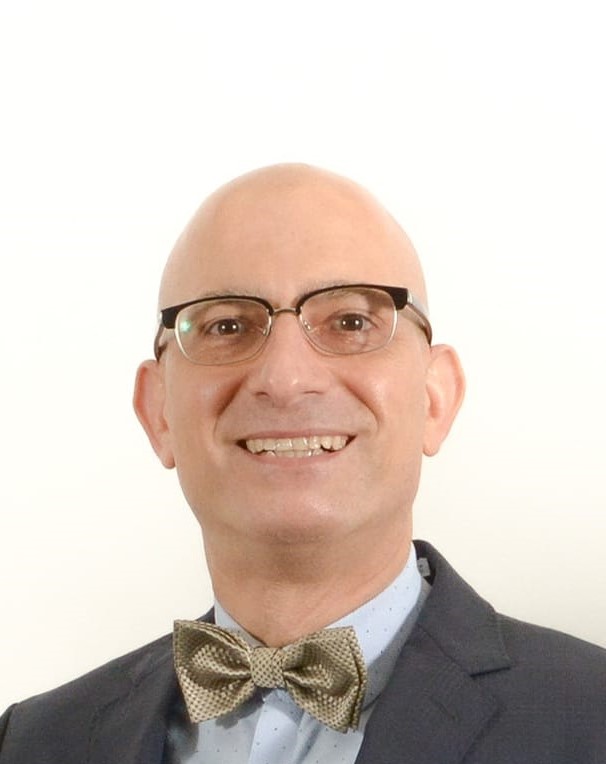Dr. Hallak holds master’s and Ph.D. degrees from McGill University in Canada. He taught at McGill and Concordia Universities in Montreal and practiced architecture and urban design in Germany and Canada. Dr. Hallak is interested in negotiating the ethical relationship between architectural and urban design on the one hand and the diverse forms of technological and cultural mediation on the other. This focus helps critically rethink architectural theory and practice across history and in different geographic, social, and cultural contexts of contemporary global culture. He is particularly interested in the human-environment relationship and in the role of digital and information technologies in shaping the perception, production, and consumption of space and the impact of emerging spatial practices and their driving forces on the diverse spheres of human thinking and activities. This focus integrates issues of sustainability, communication systems, and spatial ontology and representation. Also, it frames the conceptual, social, and material boundary systems which shape the built environment and the spatial dynamics of human living. He espouses in his teaching and research interdisciplinary, comparative, and critical approaches bridging fields including architecture, urban design, sociology, anthropology, history, philosophy, communication, and cultural studies. His previous research includes pre-modern urban boundary systems, ephemeral architecture, and the private and the public in traditional and modern architecture. Currently, he is teaching and conducting research in the areas of spatial theory, philosophy of technology, poststructuralist architectural criticism, urban semiotics, design pedagogy, design-based sustainability, smart cities, mixed reality spatiality, and design and technology entrepreneurship.
Bio

Dr. M. Essam Hallak
CV

- Brief C.V. Dr. Essam Hallak-2023-Alfaisal.pdf
(122.54 KB)
Publications

Journal Article
,
Entangled in Boundaries: Migrant Workers’ Roles in the Identity Construction and Nation Building of the Gulf States. (2016). GRM 2016 Papers, 2016.
Journal Article
,
The ephemeral and the liminal: A philosophical re-conceptualization of the boundaries of architecture and ethics. (2012). The International Journal of Multidisciplinary Thought 1 (5), 131-137, 2012.
Beyond Boundaries a Philosophical Mapping of the Pre-Modern City of the Levant
Journal Article
,
Beyond Boundaries a Philosophical Mapping of the Pre-Modern City of the Levant. (2010). McGill University, 2010.
Journal Article
,
The Role of International Community in the Protection of Al-Aqsa: A Universal Moral Framework for Global Activism. (2009). Mescid-I Aksa Sempozyumu: Ilmi Toplantilar Serisi 4, 291-308, 2009.
Privacy patterns in homes of middle-class Shaamy immigrants in Montreal
Journal Article
,
Privacy patterns in homes of middle-class Shaamy immigrants in Montreal. (2004). ARCC/EAAE/Montreal/Conference/on/Architectural/Research,/434-447,/2004.
La ville nouvelle de Mahelma, en Algérie
Journal Article
,
La ville nouvelle de Mahelma, en Algérie. (1995). Réalisé Dans Le Cadre De La Coopération Universitaire EPAU, 20-27, 1995.
Journal Article
,
Recherche et projets. (1995). Numéro Rélisé Dans Le Cadre De La Coopération Universitaire EPAU, 23-26, 1995.
Journal Article
,
Stadt und land in Syrien. (1994). Karlsruher Städtebauliche Schriften, 144-147, 1994.
Presentations

Calendar

Announcements


